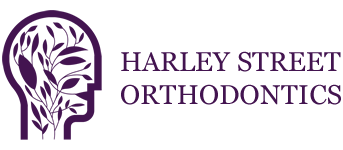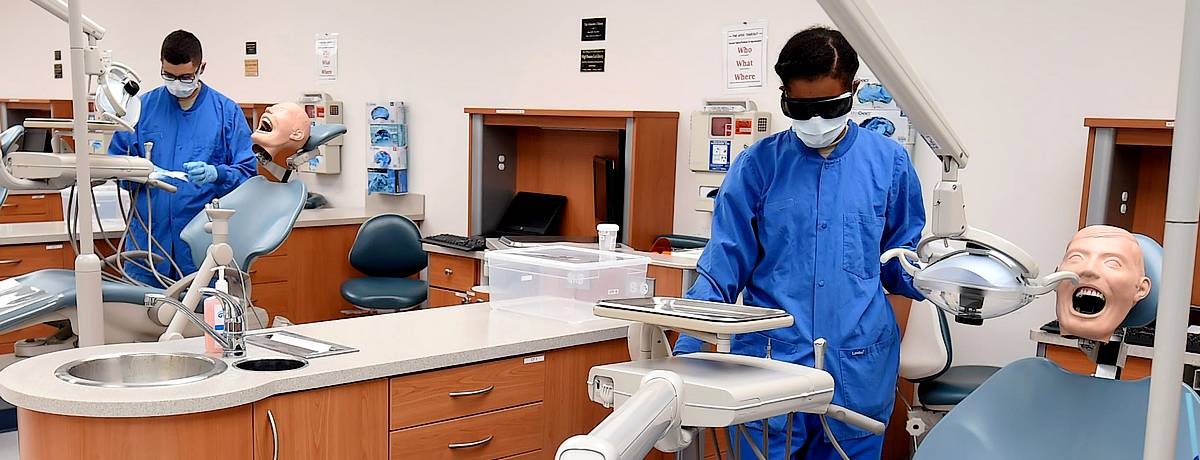Eastman Dental Insitute is part of University College London and a fine provider of orthodontic training.
Our lead orthodontist, Dr Sarah Neale, trained at the Eastman, although that isn’t our prime reason for choosing their video.
In their prospectus, they describe orthodontics as a blend of knowledge, medicine, art and science. One of their students said much the same in the video, the importance of combining thinking, forward planning and artistry.
All students at the Eastman are graduate dentists, with existing skills on diagnosis and treatment. These are naturally taken to new heights but the ethos of their course is as significant.
Health & Aesthetics
Good safety procedures and a rounded medical view are core training areas, along with an ability to diagnose disease, then give clear recommendations. A patient’s immediate and long term health is the first concern.
Their psychological condition also matters and contributes to successful treatment. Belief in the work of an orthodontist and honestly managed expectations combine to create a shared outcome.
An orthodontist learns the importance of aesthetic improvement, which adds to psychological wellbeing, through a confident self image. Physical health can improve, from life changes, to better oral health.
Orthodontics is science based, from medicine, to appreciating the benefits of modern materials and equipment. Changing the way we look is still the key objective and should be integrated into every decision.
Constant Development
A professional orthodontist recognises that training never stops. The years of experience they gain will help but they should still continue to attend dedicated lectures, conferences, or seminars.
Their clinical work may be enhanced by involvement in research and they can gain from working as part of a multidisciplinary team. Skills are transferred and an appreciation grows of when extra skills are needed.
Orthodontists have wide abilities and in most cases meet their patients needs but should recognise when consulting with, or referring to colleagues will help.
Our clinic has a maxillofacial consultant in house, so we are used to teamwork, although on rare occasions this can be wider. Being confident in their professional skills allows an orthodontist to know when more is required.
Making sound decisions is the root of all orthodontics skills. Leaving you in the hands of a specialist, with the knowledge to see that putting the patient first means exactly that.

